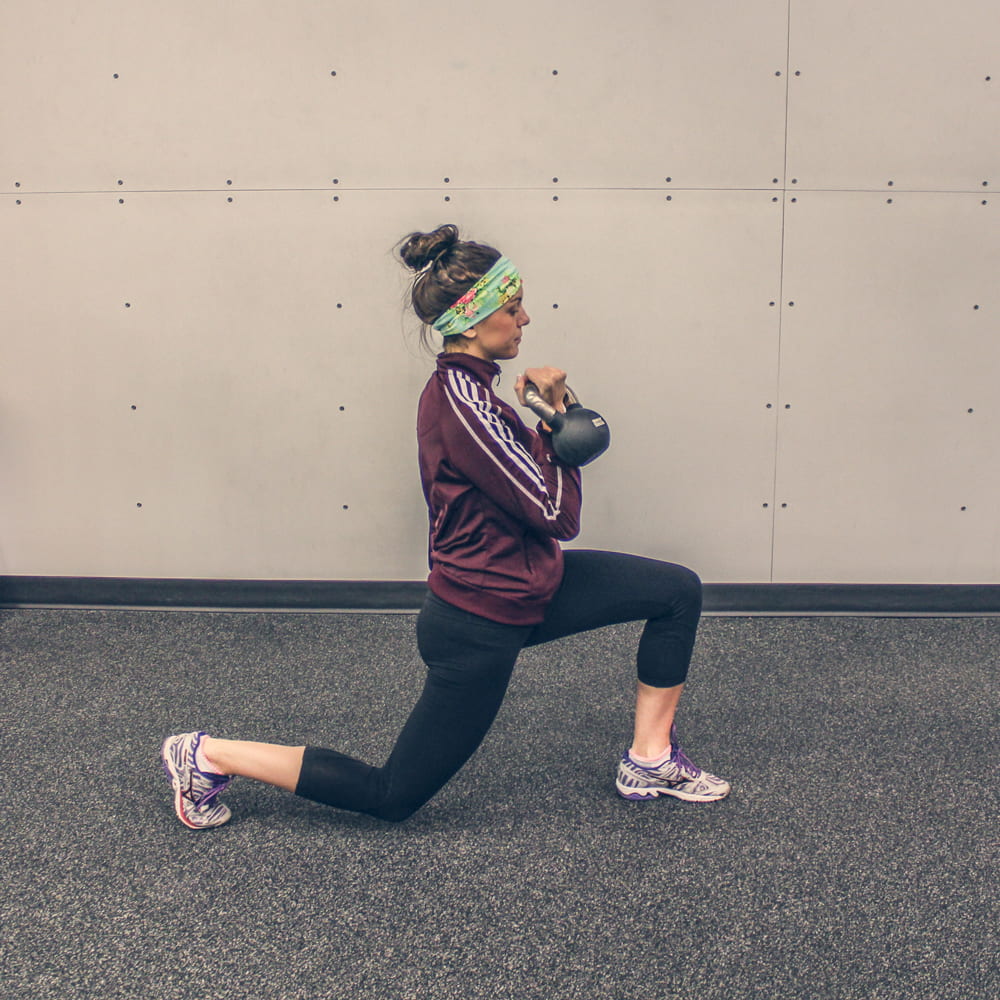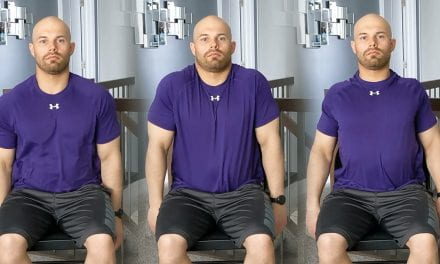If you have made a choice to change your exercise or diet routine recently and you don’t have your own personal trainer or dietician for advice, odds are the first place you turned to was the internet. Sifting through the hordes of information available today about physical activity and nutrition can be intimidating and overwhelming. It is hard to decipher what is reliable and effective and what isn’t, especially with all of the social media marketing around exercise. Whether you are scrolling through Instagram being bombarded by fitness models promoting their “best body” workout and diet plan, watching Dr. Oz promote a weight loss supplement or flipping through a magazine, it is easy to see how people get confused when it comes to what is best for them.
the first place you turned to was the internet. Sifting through the hordes of information available today about physical activity and nutrition can be intimidating and overwhelming. It is hard to decipher what is reliable and effective and what isn’t, especially with all of the social media marketing around exercise. Whether you are scrolling through Instagram being bombarded by fitness models promoting their “best body” workout and diet plan, watching Dr. Oz promote a weight loss supplement or flipping through a magazine, it is easy to see how people get confused when it comes to what is best for them.
Fitness is not black and white, there is no one right way of being healthy. What does matter is finding information that is reliable – meaning that it is backed up by peer reviewed research- and that you enjoy whatever it is that you’re doing so that you will stick with it. Maybe you read an article about drastically cutting carbohydrates to lose weight quickly but for many of us this is not sustainable for a long period of time and then the tendency is to relapse to old eating habits along with a new confidence barrier to changing those habits again in the future.
If you are not sure how to tell if what you’ve found is from a reliable source, here are some signs to look for:
- Does the article reference other peer reviewed sources? Scroll to the bottom for a reference list or check for references imbedded in the article.
- Does the article cite the author? Check for the credentials of the author and date of publication. If an article is from 20 years ago it may not be the most accurate.
- Are there any signs of sponsorship in the article? For example, does it only talk about a certain brand of supplements with no other comparisons, and are there a lot of typos or strange wording in the article. Lack of editing in the article suggests that the article is not well prepared and therefore likely not researched.
Finally, consider what is being marketed to you. Commercial marketing is everywhere we look – corporations and individuals trying to sell their product or service, whether it be a certain food or exercise program. It is important that we as consumers are aware of the impact that social media can have on our perceptions of physical activity and health. For example, magazines that promote body positivity and then spew out “tips to lose 10 lbs fast” on the next page can distort our self-image and what we think we should look like. Take in all these social media influences with a sense of awareness that not everything we read or see is true. You will be better served to focus on what works best for your body and what you enjoy.
by Megan Denholm
Megan is a Bachelor of Kinesiology graduate from the University of Alberta. She is a CSEP-CPT certified Fitness Consultant with the MacEwan University Sport and Wellness fitness team.
Let MacEwan University Sport and Wellness help you get up and be more active with memberships, fitness and aquatic classes and the best personal trainers in Edmonton and area.



